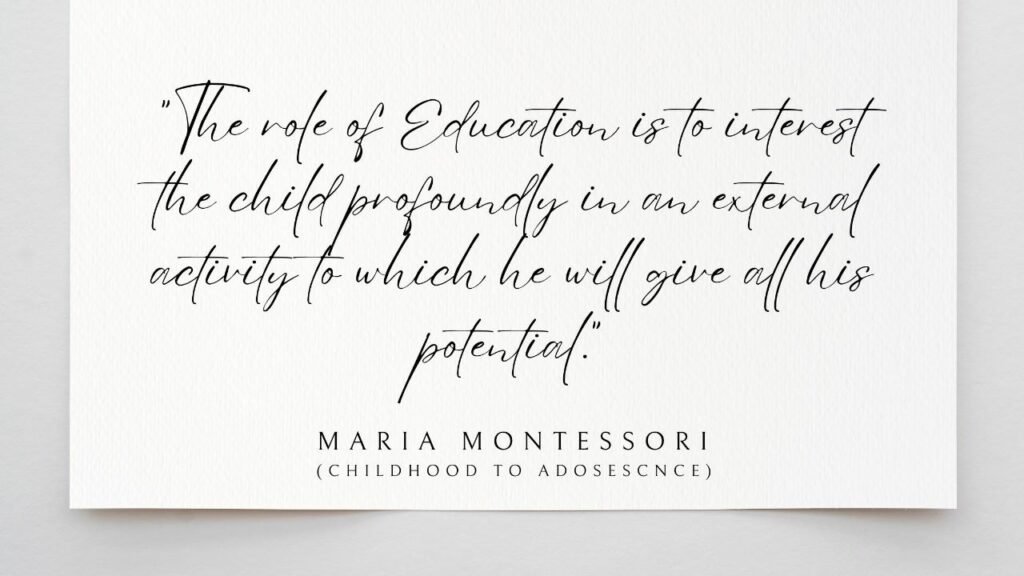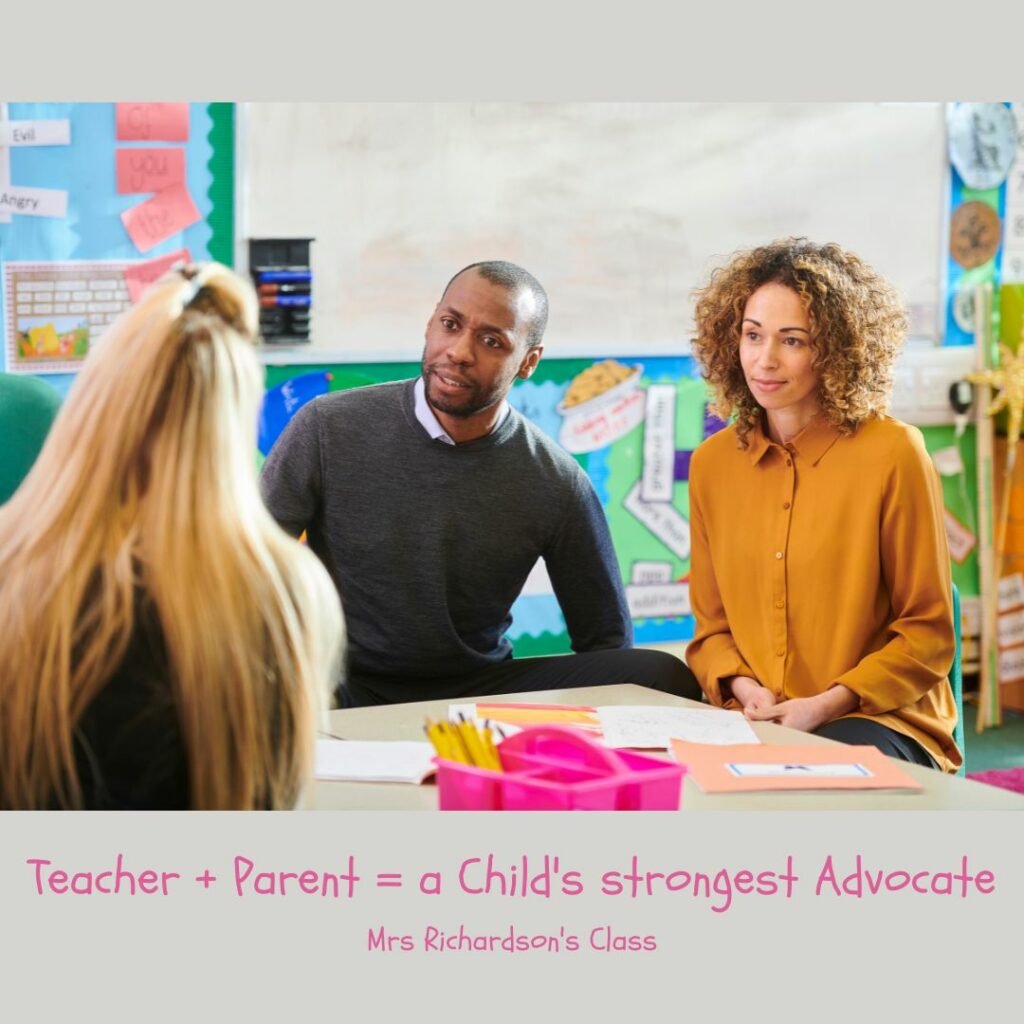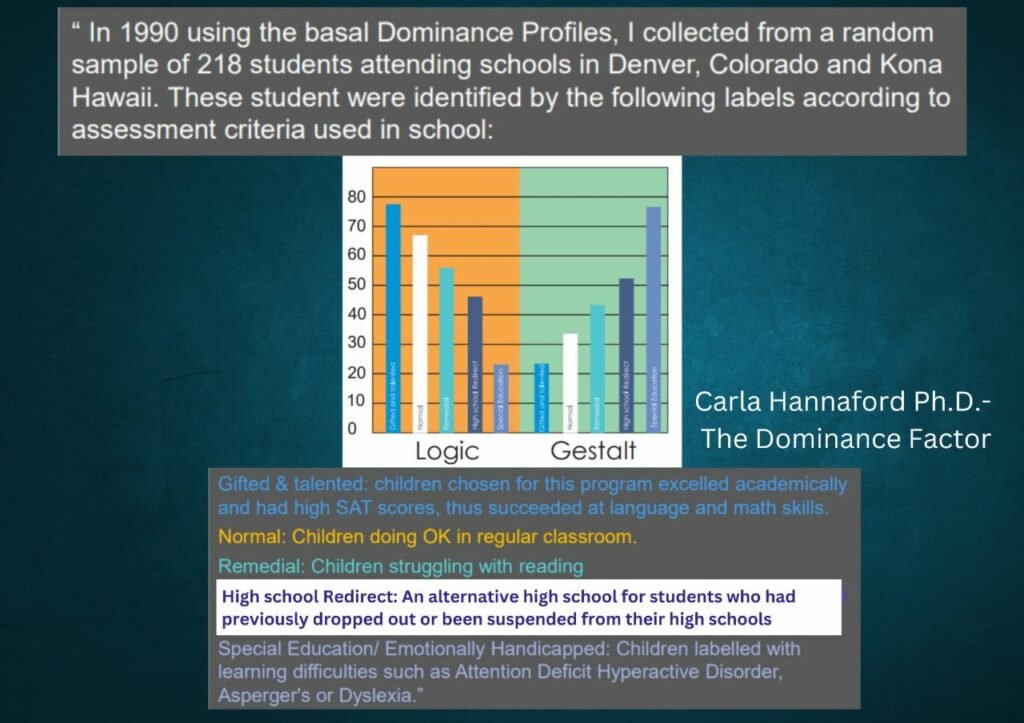
The Big Decision!
Choosing which school is the right school for your child is a big decision and can be very overwhelming when you don’t know what it is that you are looking for. Parents today have come to realise that a good education is a gift that keeps giving. Investing in your child may mean allowing them to develop the skills and qualities that will lead to success. However, which school will offer your individual child the space to reach their full potential?
“Good” schools / “Bad” Schools.
But what is the difference between a “good” school and a ” bad” school? Many would say the fees, but one must remember you are paying for a service, not a car – and that makes it a bit more difficult. One cannot say, ” Well I pay X amount so, I get X amount worth” as how would you measure that? A child’s learning is intrinsic and unique to each of their learning preferences, interests and ability. Spending large amounts on school fees will not guarantee your child’s success.
Is it about the reputation?
One might consider a school’s reputation. However, this is often based on opinion and will differ from person to person as they draw on their own experiences.
Some schools definitely seem to demonstrate excellence. You see their pupils in the newspaper, or on social media, however, the school is more than just the sum of the ‘star achievers’. It is important to understand that many schools that are financially stable, are able to offer “achieving” learners sponsorships and bursaries. At some schools children who struggle or don’t seem to ‘fit in with the ethos’, are quickly redirected to other schools.
Listen to as many people as possible, but take all you hear with a pinch of salt. Make sure to go and see the schools yourself so that you can get a feel of what the school might be about. Many schools have open days or orientation days where you can visit. Also, make sure to drive past on a normal school day to get a sense of how they run. Some schools are willing for you to come through and take a look during school hours. It’s a matter of phoning to find out.
School, preparing your child for life!
School is meant to prepare your child for life, yet so often schooling is so far from life experience, that matrics that leave school are overwhelmed. Many school leavers suffer from depression and do not actually know how to cope in the world. The school needs to be a place where a child’s unique talents and gifts are nurtured and filled with opportunities to develop life skills.
With this understanding, one may consider what skills and qualities you might believe your child needs in life. Think about how schools might be able to offer these. A good exercise is to write these down or create a checklist to tick off as you visit schools.

School is a little community.
Where will your child learn to fit into society than at school where they can practice what they have learnt in relation to others their age? Children will do their best to fit in and learn from others. As they learn they may experience some conflict, arguments and people other than themselves. They begin to discover who they enjoy spending time with and who they do not. Sadly, some children battle with this respect and have to learn more sociable behaviour, while others need to learn patience and compassion.
Children will definitely learn from other learners and so it becomes important to think about the school community. Consider the children that attend the school and ask if you would like to see such qualities in your child. Are they competitive, jealous, selfish or kind and content for the most part?
Teachers learn through the same institutions.
Having worked with students from many different institutes, I can say that they are all taught the same things. Teaching colleges and universities have to have a certain standard in order for their course to be accredited. And so, your teachers in “good” vs “not so good” schools will have needed to qualify in order to get their SACE number.
What you do want to see, is a staff that is serious about further learning. The Department of Education has stipulated that teachers are to earn 150 CPDT points in three-year cycles which definitely encourages teachers to attend workshops and courses. Passion, experience and an open mind are qualities some of the best teachers have.
Great teachers are found in all different types of schools and often the school they teach at allows them to serve the community in the way they value most. I believe it is important to find schools that have both new as well as experienced teachers as each brings a different perspective to a well-rounded schooling system.
One thing I can guarantee you is no matter what school you are in, your child will find teachers they understand and have a positive relationship with as well as teachers they might have a personality clash with. True to life, they might find themselves in a job with a boss or colleagues they do not like and they need to understand how to work with all people.

Small Classes.
A smaller is most definitely a bonus, but a too-small class is not. Having fewer learners means more time available for a teacher to spend with them. It also means less stress for the teacher which may or may not lead to better quality teaching.
Too small a class or learners in a grade may mean not enough opportunities for a child to develop social skills and find like-minded friends. Children need a place where they develop social skills, and build character to deal with people they get on with, as well as those they do not.
Teacher-Parent Relationship.
Another question to ask when visiting the school is about parent involvement. It is vital to understand if there are open communication lines between the parents and the teacher. Of course, as a parent, do not overstep and ruin this relationship by being demanding or unrealistic. Teachers are wonderful people, who offer up their time to make a difference in children’s lives, however, they are people too and might make a mistake, get tired or have a bad day.
Find out the ways in which the school communicates with parents and supports the teachers. Parents can offer to get more involved by volunteering on fundraising committees or for the School Governing Body.
If you can’t do this, just be available to be an extra helping hand. Supporting your child so that their diary is signed and letters are handed in will go a long way in showing teachers that you are invested in your child’s education.
Why parent-teacher communication is important?
A personal story involves a child I was working with. He would shut down completely when confronted. Having done a profile on him, it was clear that his first primitive reflex was active. This meant he would just freeze and be unable to move forward until he had calmed down. A movement program was put together and he began the work.
The second reflex involves fight or flight. While he continued to work using the program, he began to integrate this reflex and started responding differently at school, lashing out when confronted.
This was a win for us, as he was integrating reflexes. Sadly, the school held back on the information, which meant that we couldn’t help him with the next reflex and teach him appropriate ways to respond. It was only after he had reacted negatively six times and been kicked off the soccer team, that his parents were alerted to his behaviour. This information communicated earlier to the parent would have meant a completely different outcome for the child and we would have been able to rework the movement program to integrate the next reflex.
Another parent I recently assisted, had no idea her child was failing. Parents’ evenings did not take place and information was sent home via letters and reports she didn’t understand.
Ask the school how negative behaviour or potential learning difficulties are communicated with parents. It is very important that a school is willing to get hold of you as soon as the wheels start coming off, rather than to assume that a parent knows about their child’s performance and attitude at school. Waiting to see if issues resolve themselves leaves less time for meaningful intervention to take place.

Open-Minded Schools.
An open-minded school is key, especially in a day and age where we are seeing such an increase in children who need extra support. Many children may have learning difficulties such as
- ADD/ ADHD
- Sensory Processing Disorder
- Autism or Asperger’s
- Dyslexia
- General Anxiety Disorder
- Auditory Processing Issues
- Diabetes
- Allergies
- Sensitivities… and more
These children can often cope in the Inclusive classroom but may need extra assistance. Schools are required to support in any way possible. Some schools will go out of their way to assist you and your child’s needs. Interventions may include;
- extra lessons,
- applying through for
- scribes,
- prompters,
- extra time concessions,
- separate examination venues,
- the opportunity to take tests orally and more.
Having said this, many schools are not sure of the extent to which they are required to assist learners needing extra support. Often they do not know the process they have been instructed to follow as set out by the Department of Education, making it compulsory for them to intervene.
Ask the school what their policy is with regard to children needing extra support. From their response, you would be able to gauge very quickly how willing the school is to help and if they are aware of the procedure in place to support children.
Fixed-Minded Schools.
Fixed-minded schools usually have a ‘tell’ in the way in which they respond. They often will use lines like, “If it’s not in our policy”, ” We mark strictly according to the memo”, “We stick to doing things the way it has always been done” and “It’s always been done like that at our school”. As a consultant, I have dealt with both private and government schools that are willing to support a child, and I have dealt with private and government schools that were not, in some cases these schools made it just about impossible for learners to continue their schooling career with them and one even was willing to phone another school to get placement for a learner.

Right-Brained Children in A Left-Brained schooling system.
Other children that may battle at very academic schools are those who are predominantly right-brained. Above is the research of Dr Carla Hannaford. Notice how the number of learners achieving versus those being redirected to alternative schools, is completely the opposite for the left-brained/ logic child versus the right-brained/gestalt child.
Although I have met children with many different profiles at Mindful Moves, the right-brained/ gestalt children often find it necessary to find alternative schooling institutions for their children. Right-brained learners may battle with:
- Poor Maths skills
- Poor Verbal Skills
- Poor Spelling skills
- Poor Reading Skills
- Fine Motor Problems
- Poor Letter recognition
- Poor Auditory Processing
- Weak Immune system
- Poor Memory for details
- Misses Small details
- Poor Self-esteem
- Poor Motivation
- Task Avoidance
Under stress, these children may lose the ability to reason well, act without thinking, may feel emotionally overwhelmed. They may have trouble expressing themselves and may battle to remember the details. They can appear angry, frustrated or even depressed.
The right-brained learner tends to be more spontaneous and comes across as unorganised. They are natural multi-taskers and battle to work towards a deadline and with time management skills. They learn more easily in situations that allow them to experience concepts as opposed to reading and writing about them and many times include tactile and kinaesthetic learners.
The above are not issues, but a way in which some children process work. Sadly, in a left-brained system, these characteristics are often ladled as learning problems and these children are led to believe that there is something wrong with them, as opposed to the schooling system that is exclusive and has left-brained bias.
Facilities.
With regards to facilities, your child might be arty and not necessarily need a school with a fancy pool or AstroTurf. Likewise, if your child is great at sports, you’d need a school that offers the sport they enjoy, or even recognises sporting achievements at club level, outside of their school.
Look for schools that are neat and proud of their image. Litter is something that costs nothing to pick up, and really represents the attitude towards the school, both by learners and teachers. One school I walked into had school jerseys and lost property that was left lying around, in corridors, on the floor and even in trees. I thought about the child who left it there, the parent who was not concerned about the jersey and the school not interested in putting it away in a box. It really made me wonder if they respected the uniform that represented the school.
On the other hand, nicely painted classrooms with coloured posters and labels do not always mean that teaching is taking place. Many schools are run as a business, especially in the private sector and it’s important to know what to look for.
A trainer of one of the courses I attended, urges parents to go past a school during a break to notice two things:
- Are the children playing
- Are the children happy
These are signs that children feel safe and free enough at school for learning to take place.
Curriculum.
This is a big question to ask. Recognised schools are registered with certain governing bodies that provide guidelines for the curriculum. Government schools run according to the curriculum set out in the CAPS documents (the National Curriculum and Assessment Policy Statement) and all other schools must be CAPS compliant. Private schools often offer IEB which is an independent assessment body. Some believe that having completed an IEB matric, opens more doors for your child, with what they advertise as being a “school-leaving certificate that is world-class”. People who choose to homeschool or join tutor centres will still have to register with the Department of Education and from there get guidance regarding different programmes and how they each cover the necessary concepts.
This may or may not lead to your child’s success and it is important for your child to know any route takes hard work and dedication. For youngsters who feel they need to have a better matric to go on and study further, there are many options available in South Africa concerning post-matric courses. Some learners might need to study at colleges, part-time or do an apprentice in order to qualify and go on to make a success of their life. It’s about what is right for your child.
Make sure that the school is registered and a recognised school. Furthermore, find out what matric is offered as some schools have a curriculum that limits further studying opportunities.
Subjects.
When looking at high schools, it is important to ask about the subjects offered and if there are any limitations with regard to subject combinations. If you look at the subjects that can be taught, it’s a list! But that does not mean that the school offers it. The school is entitled to choose the subjects they have teachers for or they have decided to offer. Further issues arise when combinations cannot be offered for whatever reason.
While robotics and coding sound fantastic, it is really not necessary in lower grades where arithmetic and language are more important to get the fundamentals in place. Coding and robotics will be based on mathematic concepts and if your child does not get the grounding they need in these areas at a younger age, these will prove very difficult later on, when they would are ready for such learning.

Homework? Exams? Do we need them?
Some schools believe that creating a curriculum-heavy environment is key. Children end up sitting late into the evening with homework. Other schools do not give homework. And then there is the question about tests and exams!
Children are sitting more and more these days and we are seeing a negative effect on not only their physical health but their emotional health, social development and mental health. Many “good’ schools push children to the point that they are exhausted and suffer from anxiety as they do their best to keep up. Children already spend six hours at school. The problem is when every teacher gives a few minutes of homework without consulting with their colleagues, a child soon is left with hours of work that cuts into their downtime, free play and time for extra murals. These children who “aren’t coping” are very quickly given extra lessons after school to add to their very stressful lives.
Children’s lives are not meant to be this busy! Homework is a great way for parents to see where their child is at and what support they may need. Unfortunately, when aftercare covers homework, parents are left still not knowing how their child is working. I believe that 20 minutes of homework a day is more than enough for this.
Exams are also important and teach children to recall information when needed and communicate their understanding appropriately. Their weighting may be argued as test-taking is a skill that children must learn and while some are good at it others may not be as good. Opportunities should be given using different exercises for a child to demonstrate their understanding.
Projects are done at home, which often means parents being assessed for their work as opposed to the children. Projects should be done at school where the child is again guided, learning how to work through the design process to completion. Projects sent home, mean that children often do not do them. This raises the bar leading to impossible expectations with regard to projects.

To do Co-Ed or not?
The all-girls/all-boys schools are also for you to take into consideration when considering your child. The truth is that children need opportunities to develop healthy relationships with those of the opposite gender. For some, it might mean fewer distractions in the class, but for other children, it means not knowing how to respond to a person of the opposite gender. In life children will need to be able to decide on a partner and know what traits they value when choosing a life partner, being fussy enough in choosing rather than being impressed by anyone who notices them.
Learning is the child’s “job”.
Schools do their best to guarantee to teach, but they cannot guarantee that your child will learn or develop. Learning does not happen when your child feels unsafe, overlooked, unsupported, or considered the worst. A child who is confident in their skills and where and the support they have (from the teacher and from home) will go on to become a person with a realistic understanding of themselves, their limitations and their strengths.
Furthermore, as a parent myself I cringe at the idea of handing over my responsibility to a school. I am the primary caregiver, that is my job. I choose a school to offer my child an education. Having this understanding makes my role clear to me. I teach my child manners, I guide them and the school offers a curriculum and space for my child to exercise and test what type of people they’ll go on to be. In some cases I get to choose which school I offer this, knowing that at the end of the day, I am the parent who is readying my child for life.

Better teachers with Personal Development Courses and Workshops
If you are a teacher or principal of a school and are wondering how to give your staff and yourself the upper hand, Mindful Moves is one of the many available Service Providers that equip teachers with the necessary skills. These workshops and courses help teachers understand
- Children’s behaviour
- Difficulties they have in the class
- Reflexes and sensory processing
- The way in which children learn and think
- Strategies and techniques to get the best out of your learners
- Their brain organisation and more
If you are interested as a teacher or a school in upskilling your staff, send us an email via info@mindfulmoves.co.za.
Find out what your child needs.
As a parent, we can offer you a profile session, where we can support you in finding out what your child’s schooling needs will be. Our profiling system is great for subject choice and career choice as we discover the following with regard to your child:
- Personality
- Left Brain/ Right Brained
- Any limitations regarding his brain profile in the classroom
- Any reflexes that are still active
- Possible sensory Issues
- Visual or Auditory Processing issues… and more
You are welcome to check out our website for more information www.mindfulmoves.co.za / 084 517 4273

